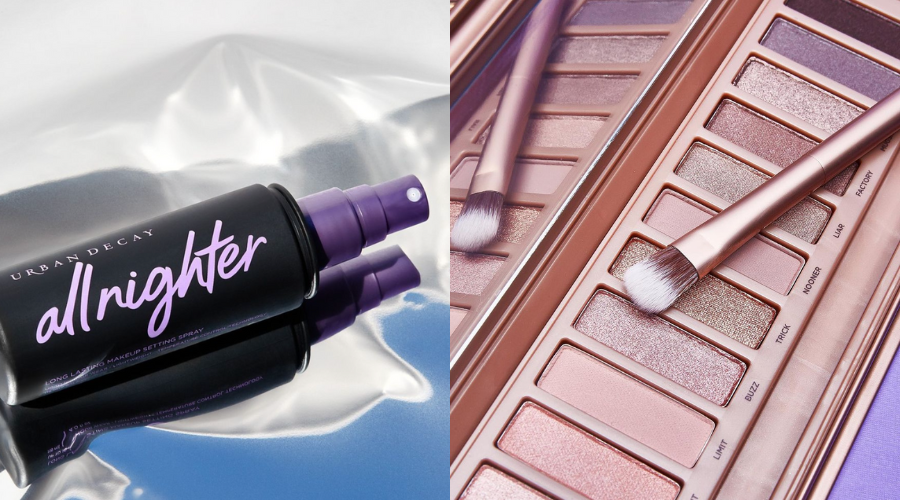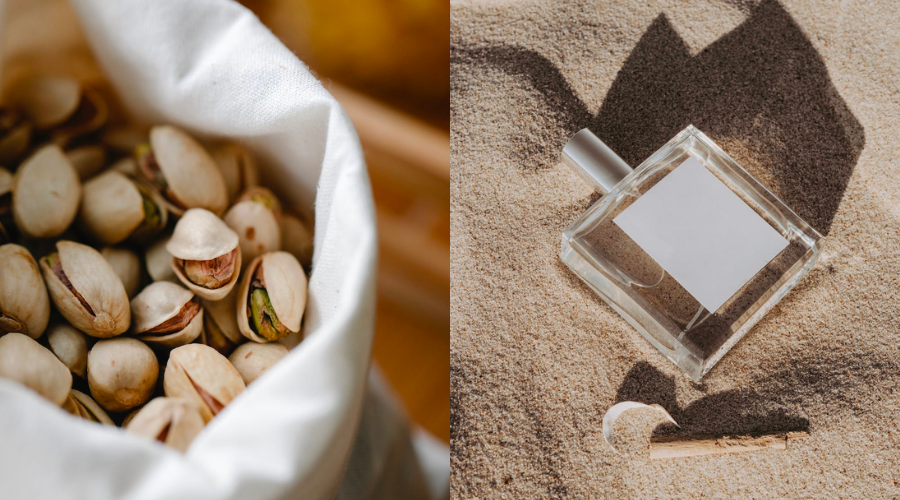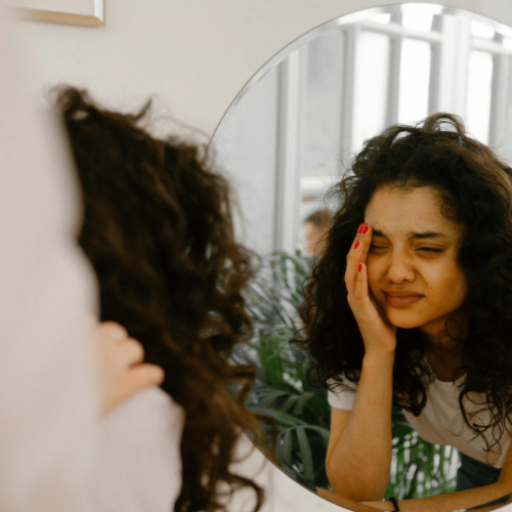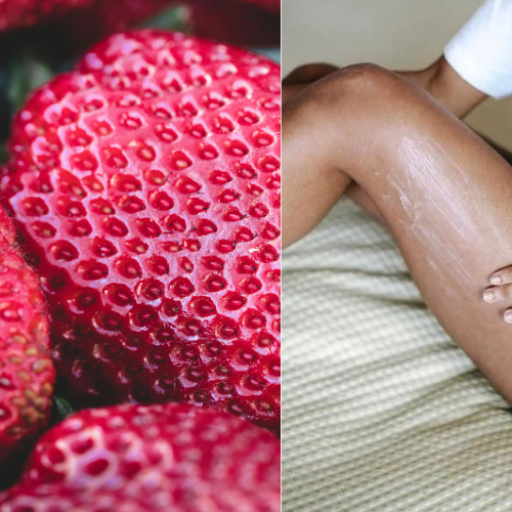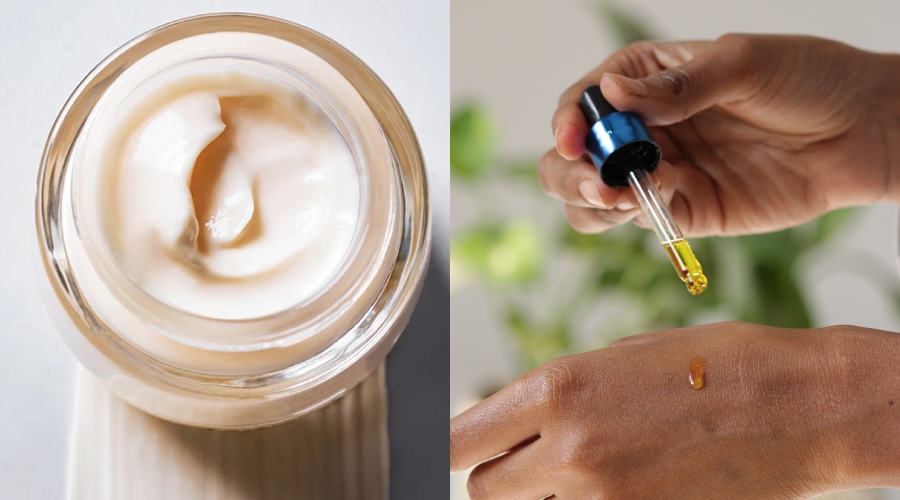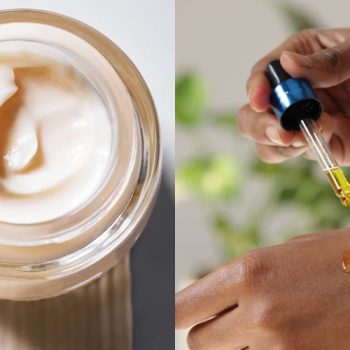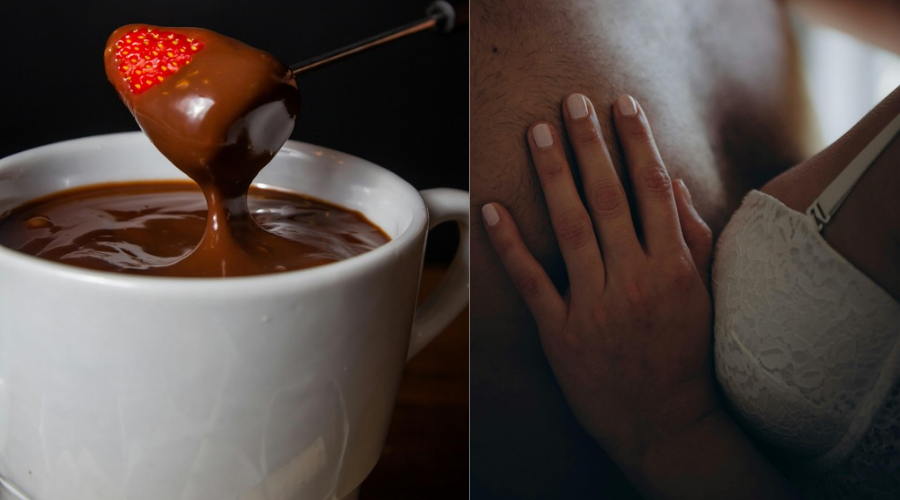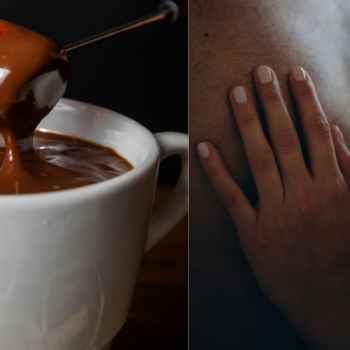If you have fought off acne and come out the other side, congratulations. But the pesky scars left behind can still be bothersome. Red patches of pigmentation and deeper scars can last upto a few months and even years for some of us. However, with the right arsenal of skincare ingredients, a dedicated routine and professional treatments you can bid au revoir to them. We asked the best dermatologists in the business to help you win the battle.
What Are Acne Scars?
As if the term itself wasn’t intimidating, there are three types of acne scars–post acne hyperpigmentation, pits and deep craters, and raised or hypertrophic scars. “These can be caused if you pick on the acne, blackheads or whiteheads and try to pop the zits. Some people are also genetically prone to pigmentation very easily and can be vulnerable victims,” says Dr Jaishree Sharad, dermatologist and author of Skin Rules.
Bad news is sometimes you can’t fully get rid of them if you ignore them and don’t resort to immediate treatment. And, if you fall back on home remedies like applying toothpaste or lemon, it will only make everything worse due to their acidic nature. Here’s what you can do that will actually help.
1. Hello, Actives: “AHAs like glycolic and lactic acid, BHAs like salicylic acid, niacinamide, vitamin C and tea tree extract among others are almost magical ingredients for reducing pigmented scars. Based on your skin type, they can clear clogged pores, maintain your skin’s pH level and help retain moisture on the surface,” says Dr Geetika Mittal Gupta, dermatologist and founder of Isaac Luxe. Make sure you don’t use everything together.
2. Reduce Inflammation: “Redness, irritation or bumps can worsen acne scars. To avoid this, wear SPF all the time and stay away from direct sun rays. You can also apply petroleum jelly or highly moisturising creams to create a barrier between the wound and the external factors like pollution. This gives time for the wound to heal,” says Dr Kiran Kaur Sethi, dermatologist and founder of Isya Aesthetics.
3. Treatments: “If you suffer from pits, then depending on their depth and type procedures like microneedling radiofrequency and PRP (platelet rich plasma) can be extremely helpful. Microneedling is where we use tiny needles to heal the skin and PRP helps in maintaining collagen production,” says Dr Sharad.
4. Consider Antibiotics: “Topical application of prescribed medication can also help in the reduction of acne scars. Creams like nadifloxacin and clindamycin help to bring down bumps effectively. If you can’t get rid of them despite all remedies, consult a dermatologist immediately,” says Dr Jamuna Pai, founder of SkinLab clinics.
5. Map Your Face: “Using traditional Chinese medicine, the face mapping technique can help you understand which areas of your face are most prone to acne and what’s the breakout pattern. Then, you can treat it more specifically by editing the diet and skincare routine,” says Dr Rashmi Shetty, celebrity dermatologist and founder of Ra Skin and Aesthetics Clinic in Mumbai.

